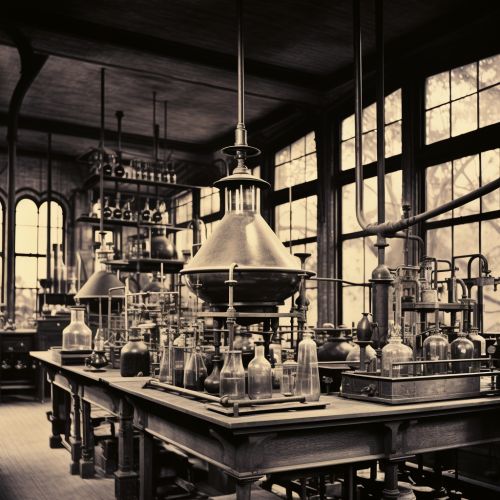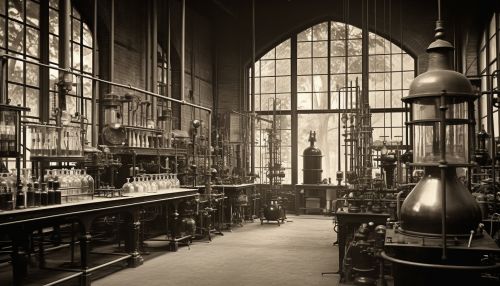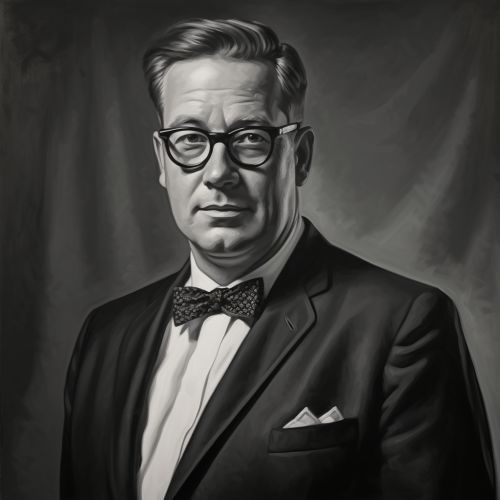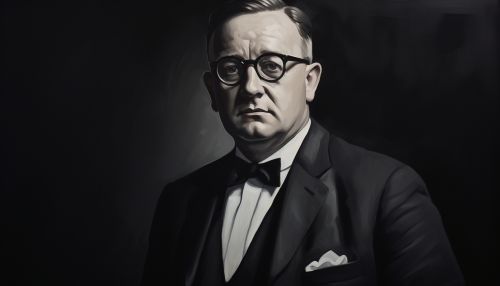Fritz Strassmann
Early Life and Education
Fritz Strassmann was born on February 22, 1902, in Boppard, a small town located in the Rhine Valley in Germany. He was the youngest of nine children in a middle-class family. His father, Julius Strassmann, was a teacher and a school principal. From an early age, Strassmann showed a keen interest in chemistry, and this interest was encouraged by his father.
Strassmann attended the local Gymnasium (secondary school) in Boppard, where he excelled in his studies, particularly in the sciences. After graduating from the Gymnasium, he enrolled in the Technische Hochschule in Hannover, where he studied chemistry. He completed his studies in 1924 and was awarded a diploma in chemical engineering.


Career and Research
After graduation, Strassmann worked as a research assistant at the Kaiser Wilhelm Institute for Chemistry in Berlin. There, he worked under the guidance of Otto Hahn, a renowned chemist and a pioneer in the field of radiochemistry. Strassmann's work focused on the study of nuclear reactions and the transuranium elements.
In 1934, Strassmann and Hahn began their collaboration with Lise Meitner, an Austrian physicist. Together, they investigated the products of neutron bombardment of uranium, a heavy radioactive element. Their research led to the discovery of nuclear fission, a process in which the nucleus of an atom splits into two or more smaller nuclei, along with the release of a large amount of energy.
During the course of their experiments, Strassmann and Hahn observed that the bombardment of uranium with neutrons produced lighter elements, such as barium and krypton. This was a surprising result, as it contradicted the prevailing theory that neutron bombardment would only produce elements heavier than uranium. Strassmann's meticulous chemical analyses were crucial in confirming the presence of these lighter elements and thus the occurrence of nuclear fission.
Recognition and Later Life
In recognition of their groundbreaking work, Hahn was awarded the Nobel Prize in Chemistry in 1944. Strassmann, however, was not included in the award, a decision that has been a subject of controversy. Despite this, Strassmann's contributions to the discovery of nuclear fission have been widely recognized by the scientific community.
After World War II, Strassmann held various academic positions in Germany. He was appointed as a professor of inorganic and nuclear chemistry at the University of Mainz in 1946. He also served as the rector of the university from 1947 to 1950. Strassmann retired from the university in 1970.
Strassmann passed away on April 22, 1980, in Mainz, Germany. His legacy continues to inspire scientists and researchers in the field of nuclear chemistry.


